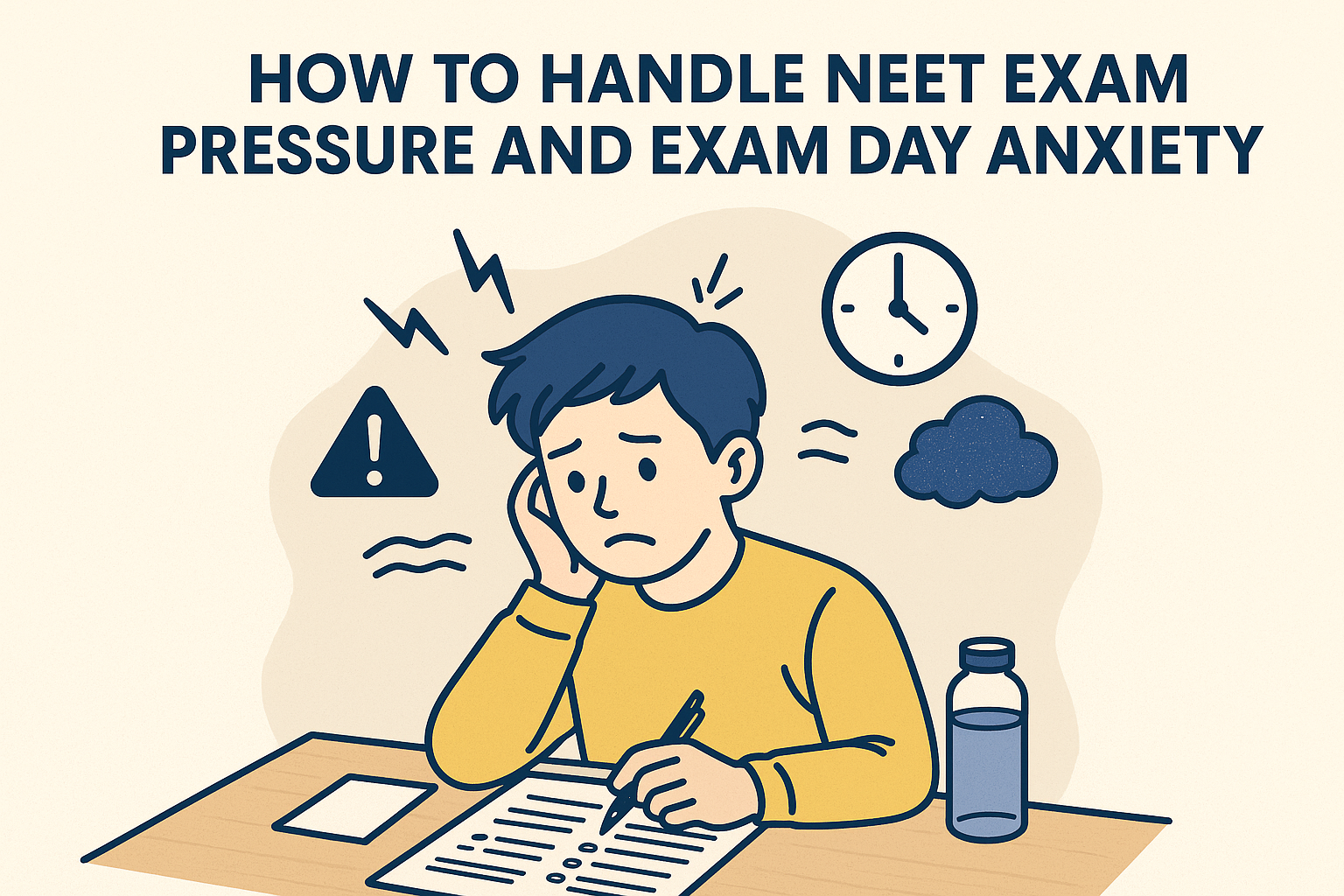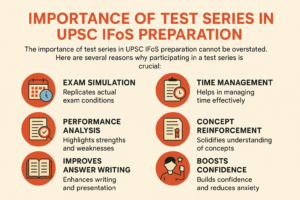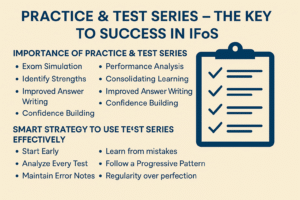Cracking NEET is not just about academic preparation—it’s also about mental strength and emotional balance. Many aspirants, despite being well-prepared, underperform due to exam pressure and anxiety on the day of the exam. Understanding how to manage stress, stay calm, and perform confidently is key to NEET success.
This article explores proven techniques to handle NEET exam pressure and anxiety, especially during the final days and on exam day. Read on to stay focused, composed, and mentally ready.
WHY NEET EXAM PRESSURE BUILDS UP
NEET is one of India’s most competitive entrance exams. The pressure arises due to:
High expectations from family or self
Fear of failure or poor performance
Intense competition and cut-throat ranks
Lack of revision confidence
Uncertainty about exam conditions
While some anxiety is normal, excessive stress can cloud judgment, reduce memory recall, and hinder performance.
SIGNS OF EXAM ANXIETY
Recognizing anxiety is the first step in managing it. Common symptoms include:
Racing thoughts or mental blocks
Palpitations or rapid heartbeat
Sweaty palms and trembling hands
Irritability and mood swings
Loss of appetite or sleep disturbances
Negative thinking (e.g., “I’ll forget everything,” “I can’t do this”)
TIPS TO HANDLE NEET EXAM PRESSURE EFFECTIVELY
1. Follow a Structured Revision Plan
Having a daily revision schedule reduces uncertainty and boosts confidence. Break your syllabus into smaller tasks and track your progress.
2. Avoid Comparing With Others
Every student’s preparation journey is different. Comparing scores, mock test performance, or study hours only increases stress. Focus on your own growth.
3. Take Regular Breaks
Studying nonstop can lead to burnout. Follow the Pomodoro Technique—study for 25 minutes and take a 5-minute break. It improves focus and reduces fatigue.
4. Practice Mock Tests Under Exam-Like Conditions
Regular mock tests simulate the pressure of the real exam. The more familiar you become with time-bound testing, the less anxiety you’ll feel on exam day.
5. Engage in Light Physical Activity
Mild exercise, yoga, or even a brisk walk can release endorphins, the body’s natural stress relievers. It also helps improve blood circulation and focus.
6. Get Adequate Sleep
Sleep directly affects memory, concentration, and emotional balance. Aim for 6–8 hours of sleep, especially in the week before NEET.
7. Eat Brain-Boosting Foods
A healthy diet plays a key role in reducing anxiety. Include foods like nuts, fruits, green vegetables, and plenty of water. Avoid excessive caffeine or junk food.
EXAM DAY TIPS TO STAY CALM AND CONFIDENT
1. Prepare Everything a Day Before
Pack your admit card, ID, transparent water bottle, and stationery a day before the exam. Visit the center location if needed to avoid last-minute confusion.
2. Avoid Last-Minute Studying
Don’t revise too much on the morning of the exam. It may trigger panic. Trust your preparation and stay calm.
3. Practice Deep Breathing
Before entering the exam hall, take a few deep breaths. Inhale for 4 seconds, hold for 4, and exhale slowly. This simple practice can instantly reduce anxiety.
4. Read Instructions Carefully
When the question paper is handed over, read instructions and scan the sections. Don’t rush. Planning your approach in the first 2–3 minutes is crucial.
5. Start With Your Strongest Section
Begin with the subject you are most confident in. It builds momentum and reduces nervousness.
6. If You Get Stuck, Move On
Don’t dwell on tough questions. Mark them for review and keep moving forward. Getting stuck wastes time and increases panic.
MINDSET SHIFTS TO REDUCE EXAM PRESSURE
Replace fear with purpose: Think of NEET as a stepping stone to your dream, not a threat.
Progress over perfection: Focus on improvement, not perfect scores.
You are more than your result: One exam doesn’t define your worth or future.
Trust your preparation: If you’ve been consistent, you are ready.
PRACTICAL RELAXATION TECHNIQUES
Box Breathing: Inhale, hold, exhale, hold—for equal counts
Visualization: Picture yourself confidently writing the paper and completing it with ease
Positive affirmations: Repeat calming statements like “I am calm and prepared” or “I trust myself”
FREQUENTLY ASKED QUESTIONS (FAQs)
Q1. Is it normal to feel anxious before NEET?
Yes. A little anxiety is normal and can even boost performance. The key is to manage it so that it doesn’t overwhelm you.
Q2. What should I do if I blank out during the exam?
Pause, take a deep breath, and drink some water. Move to the next question and return later. Don’t panic—it’s a temporary phase.
Q3. Can meditation help reduce exam stress?
Absolutely. Even 5–10 minutes of daily meditation or breathing exercises can lower anxiety and improve concentration.
Q4. Should I stop taking mock tests if I keep scoring low?
No. Mock tests are for learning, not judging. Use them to identify weak areas and track progress. Improvement comes with time and effort.
Q5. How do I stay positive the day before the exam?
Avoid studying new topics, do a light revision, listen to soothing music, talk to a loved one, and get a good night’s sleep. Trust your preparation.
FINAL THOUGHT
NEET is a big challenge—but with the right mindset and techniques, you can stay calm, think clearly, and give your best performance. Preparation is important, but so is mental fitness.
Remember, you’ve come a long way. You are ready. Walk into the exam hall with confidence, clarity, and a calm mind.
Breathe. Focus. Believe. You’ve got this.










